Girls’ Success in National Exams Highlights Rwanda’s Education Gains

On Tuesday, August 19, 2025, the Ministry of Education (MINEDUC) released the results of the 2024/2025 national examinations. One trend stood out clearly: girls are not only keeping pace with boys but surpassing them.
At both the Primary Six (P6) and O’Level levels, girls achieved higher pass rates than boys, reinforcing a growing pattern that many say reflects the country’s long-term investment in gender equality in education.
Minister of Education, Joseph Nsengimana, who presented the results at the Rwanda Basic Education Board (REB) headquarters in Remera, said the achievement should be seen as a national milestone.
“Girls leading in these exams is a clear sign that our efforts to ensure equal opportunities are bearing fruit,” Nsengimana said. “This is an important step forward in achieving gender equality in education.”
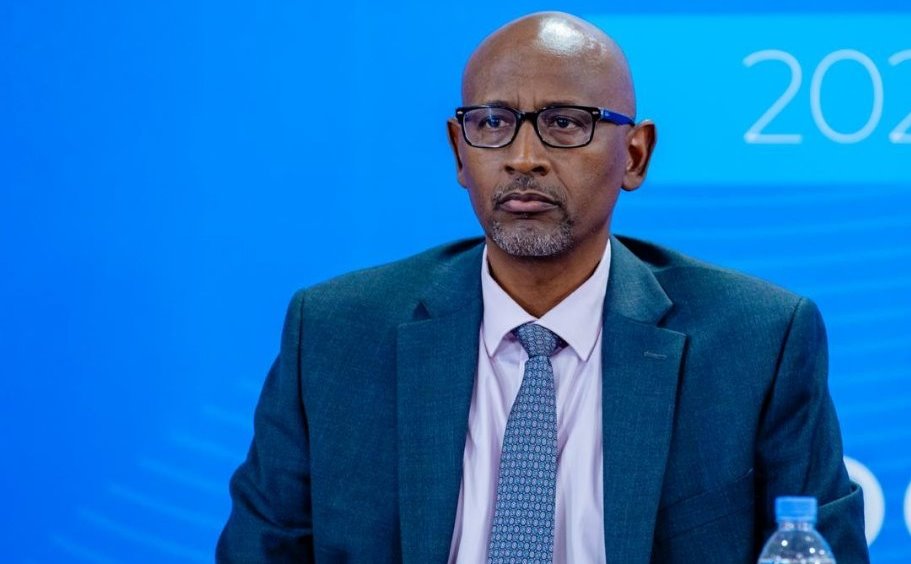
Numbers Behind the Progress
At the P6 level, more than 219,900 pupils sat for the exams. Girls accounted for 53.2% of those who passed, while boys represented 46.8%. At O’Level, over 148,700 students sat the tests, with 95,674 passing. Once again, girls had the upper hand, representing 50.2% of those who made it through.
These figures confirm a shift that has been building over several years, positioning girls not as exceptions in academic success, but as leaders.
A Celebration of Achievement
The success was not just statistical. At the top of the rankings were students like Arakaza Leo Victor of Wisdom School in Musanze, who led all P6 candidates with 99.4%, and Izere Henock Tresor of E.S Kanombe in Kicukiro, who topped O’Level with 98.67%. Other top scorers, many of them girls, were celebrated and rewarded with laptops, school supplies, and support from Umwalimu SACCO.

Building the Future
Placements following the exams reflect Rwanda’s emphasis on both traditional academics and vocational pathways. More than 15,000 P6 graduates joined boarding schools, while over 150,000 entered day schools near their homes. At O’Level, more than 20,000 students were placed in boarding schools, with thousands directed to Technical Secondary Schools, Teacher Training Colleges, nursing programs, and accounting courses.
For Minister Nsengimana, these placements are as important as the results themselves.
“We must all contribute—students, teachers, parents, and the Ministry—to ensure education quality keeps improving,” he said. “Our duty is to guide, support, and equip students so they can learn effectively and contribute to building the Rwanda we want.”
More Than Just Results
Districts such as Kirehe, Kicukiro, and Ngoma emerged as national leaders, while others are encouraged to learn from their strategies. Yet beyond rankings, this year’s results tell a bigger story: Rwanda’s commitment to equitable education is producing visible results.
The continued rise of girls in national exams stands as both a symbol of progress and a reminder of the importance of sustained investment in quality education.
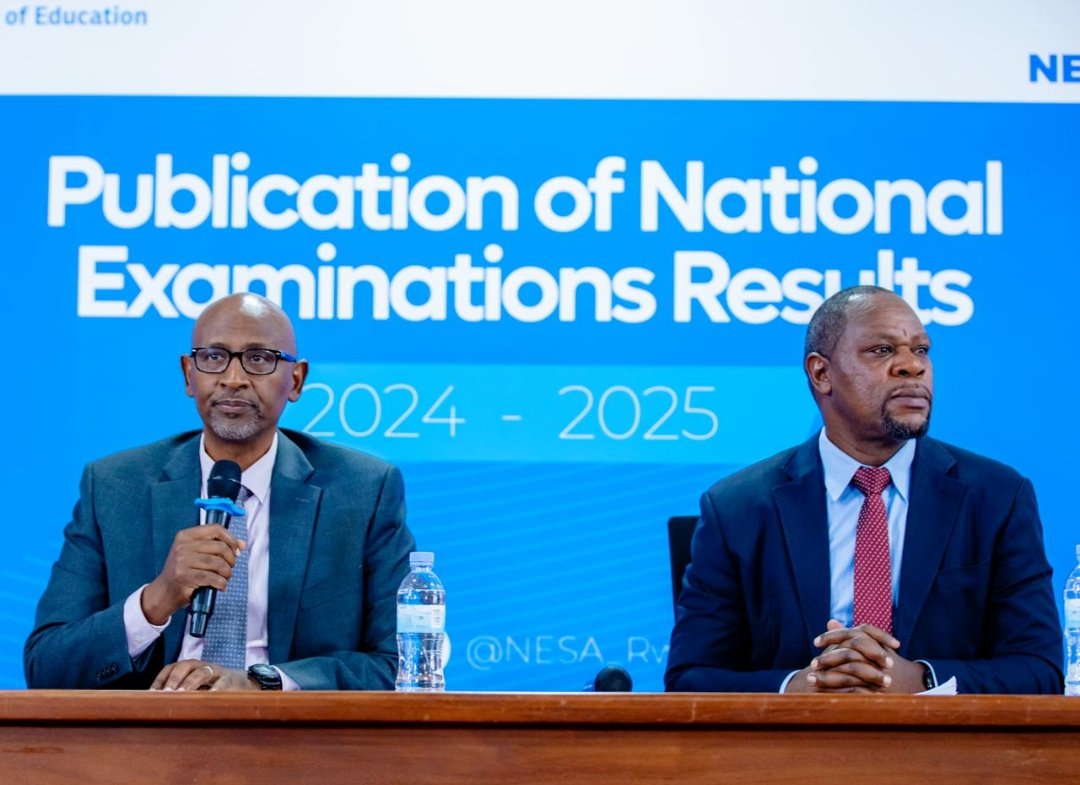
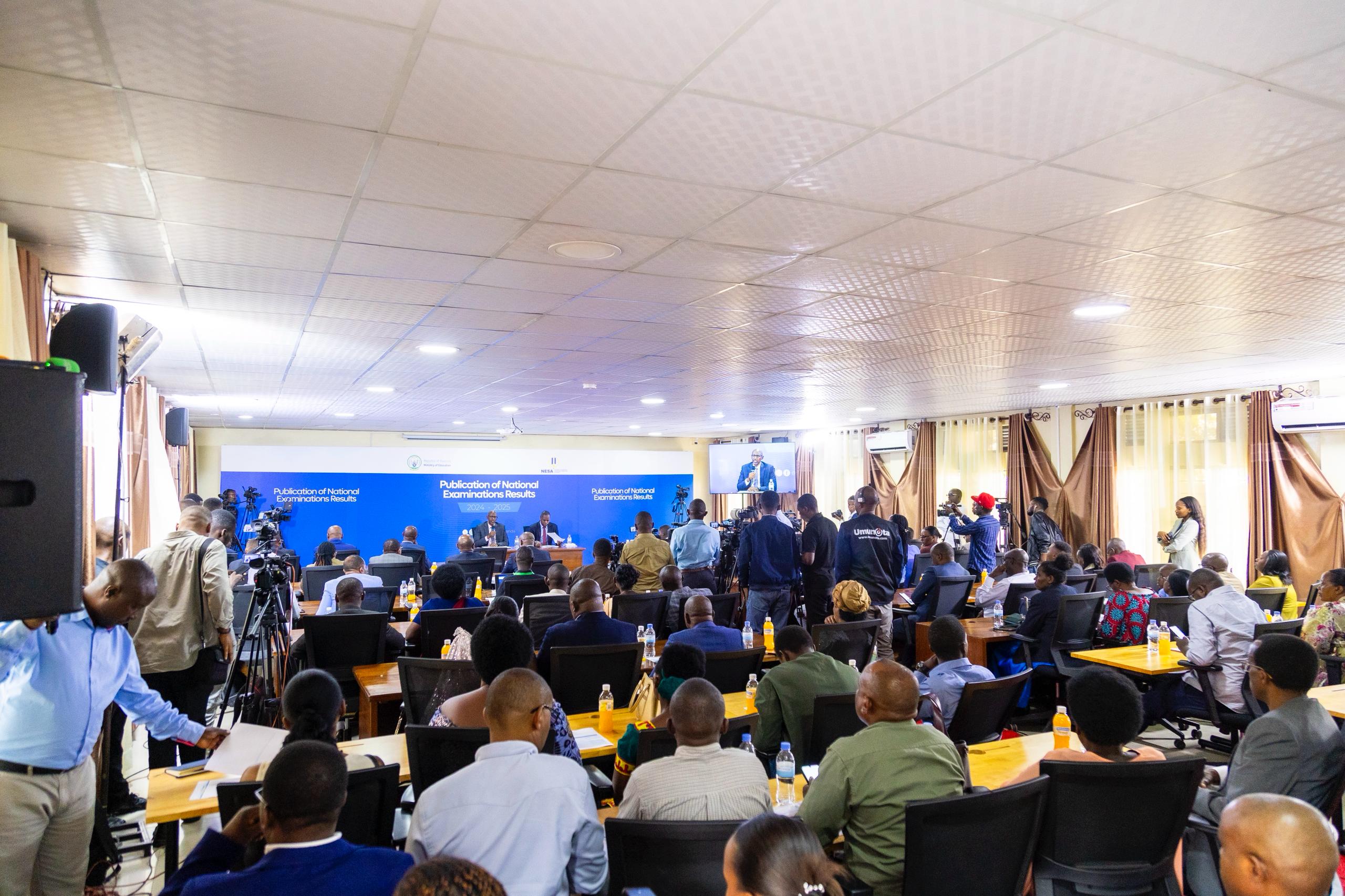
Trending Now
Hot Topics
Related Articles
Leaders Call for Stronger Monitoring to Turn Ecosystem Restoration Commitments into Results
Nairobi, Kenya — 27 January 2026 Country and regional leaders, alongside technical...
Worm Tea: A Natural Path to Farming Without Harmful Chemicals
For much of his early farming life, Isaac Mubashankwaya believed chemical fertilizers...
Enroll Now Before 31 December 2025: International German Language Exams Launch in Rwanda
Rwanda will host the European Consortium for the Certificate of Attainment in...
Rwanda Validates Environment and Climate Change Mainstreaming Strategy 2024–2029
This Tuesday, 23 December 2025, the Rwanda Environment Management Authority (REMA), in...





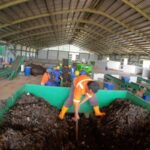

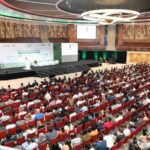

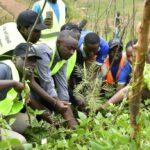
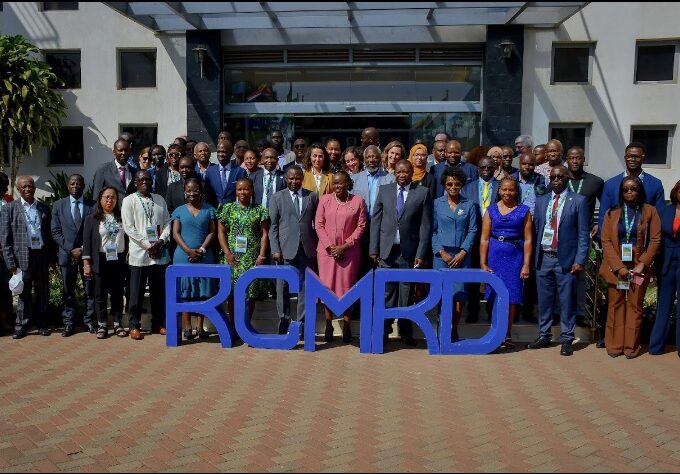
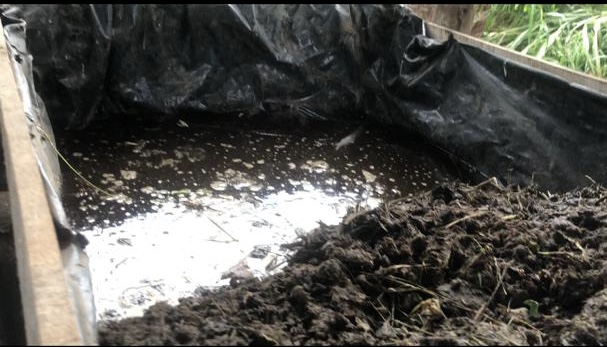
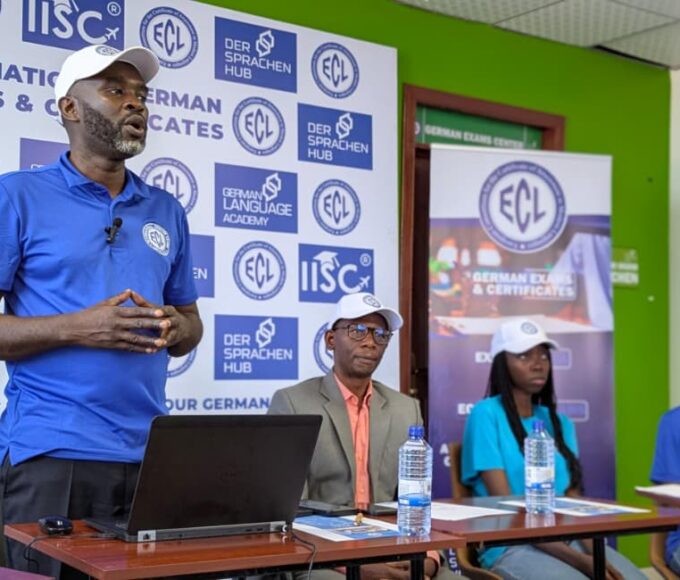
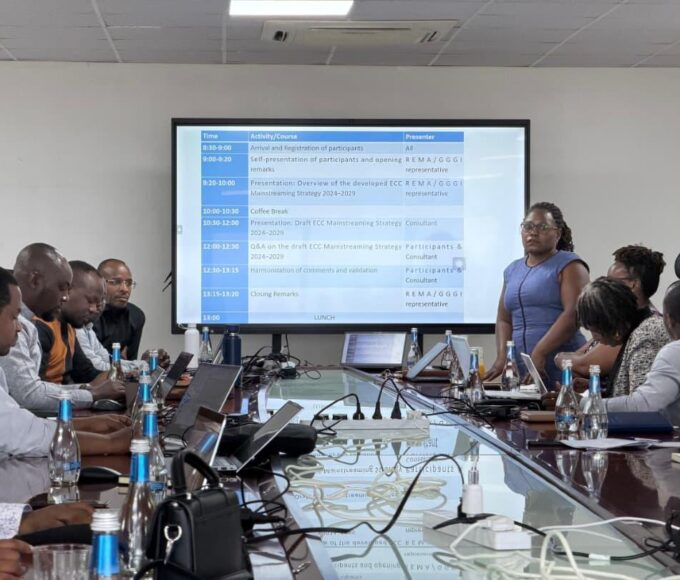
Leave a comment